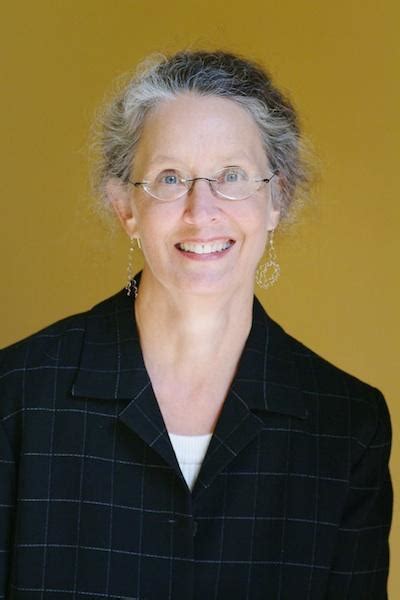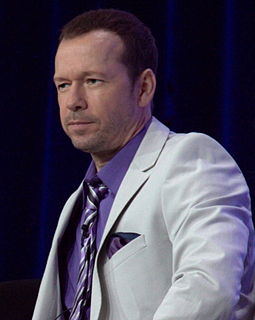A Quote by Michelle Yeoh
When it is real person, especially who means so much to millions of people, you have an obligation, you cannot take liberties, you cannot pretend to know. But we are telling the love story of Michael Aris and his wife, the story of a beautiful, lush country, and the emotions of a mother.
Related Quotes
I think that people have to have a story. When you tell a story, most people are not good storytellers because they think it's about them. You have to make your story, whatever story it is you're telling, their story. So you have to get good at telling a story so they can identify themselves in your story.
If your subject is crime, then you know at least that you're going to have a real story. If your subject is the maturing of a college boy, you may never stumble across a story while you're telling that. But if your story is a college boy dead in his dorm room, you know there's a story in there, someplace.
Most people who read the autobiography perceive the narrative as a story that now millions of people know, and it was - it's a story of human transformation, the powerful epiphany, Malcolm's X journey to Mecca, his renunciation of the Nation of Islam's racial separatism, his embrace of universal humanity, of humanism that was articulated through Sunni Islam. Well, that's the story everybody knows.
The ‘experimental’ writer, then, is simply following the story’s commands to the best of his human ability. The writer is not the story, the story is the story. See? Sometimes this is very hard to accept and sometimes too easy. On the one hand, there’s the writer who can’t face his fate: that the telling of a story has nothing at all to do with him; on the other hand, there’s the one who faces it too well: that the telling of the story has nothing at all to do with him
Can the liberties of a nation be thought secure when we have remover their only firm basis, a conviction in the minds of the people that these liberties are the gift of God? That they are not to be violated but with His wrath? Indeed, I tremble for my country when I reflect that God is just; that His justice cannot sleep forever.
I came across an old story of mine that I'd written a decade ago. The main joke of the story is that a mother is telling her children about how she met their father online. The majority of memories the mother has all have to do with really funny links he sent her, a music download that she loved, etc. - and because of these superficial details she fell in love with the father. Reading it today, it's hardly a dystopian story; it's simply a realistic story about how people actually meet.
When an acting teacher tells a student 'that wasn't honest work' or 'that didn't seem real,' what does this mean? In life, we are rarely 'truthful' or 'honest' or 'real'. And characters in plays are almost never 'truthful' or 'honest' or 'real'. What exactly do teachers even mean by these words? A more useful question is: What is the story the actor was telling in their work? An actor is always telling a story. We all are telling stories, all the time. Story: that is what it is all about.
If you're playing a fictional character, you can create a character, you can sort of take certain liberties. And when you're playing a real person who's actually standing there watching you, you know, it's - you do feel a weight. You know, you feel an obligation to not only be - to give the best performance that you can, but to make sure that you represent this person.
No, life cannot be understood flat on a page. It has to be lived; a person has to get out of his head, has to fall in love, has to memorize poems, has to jump off bridges into rivers, has to stand in an empty desert and whisper sonnets under his breath... We get one story, you and I, and one story alone. God has established the elements, the setting and the climax and resolution. It would be a crime not to venture out, wouldn't it?" -Donald Miller,Through Painted Deserts




































